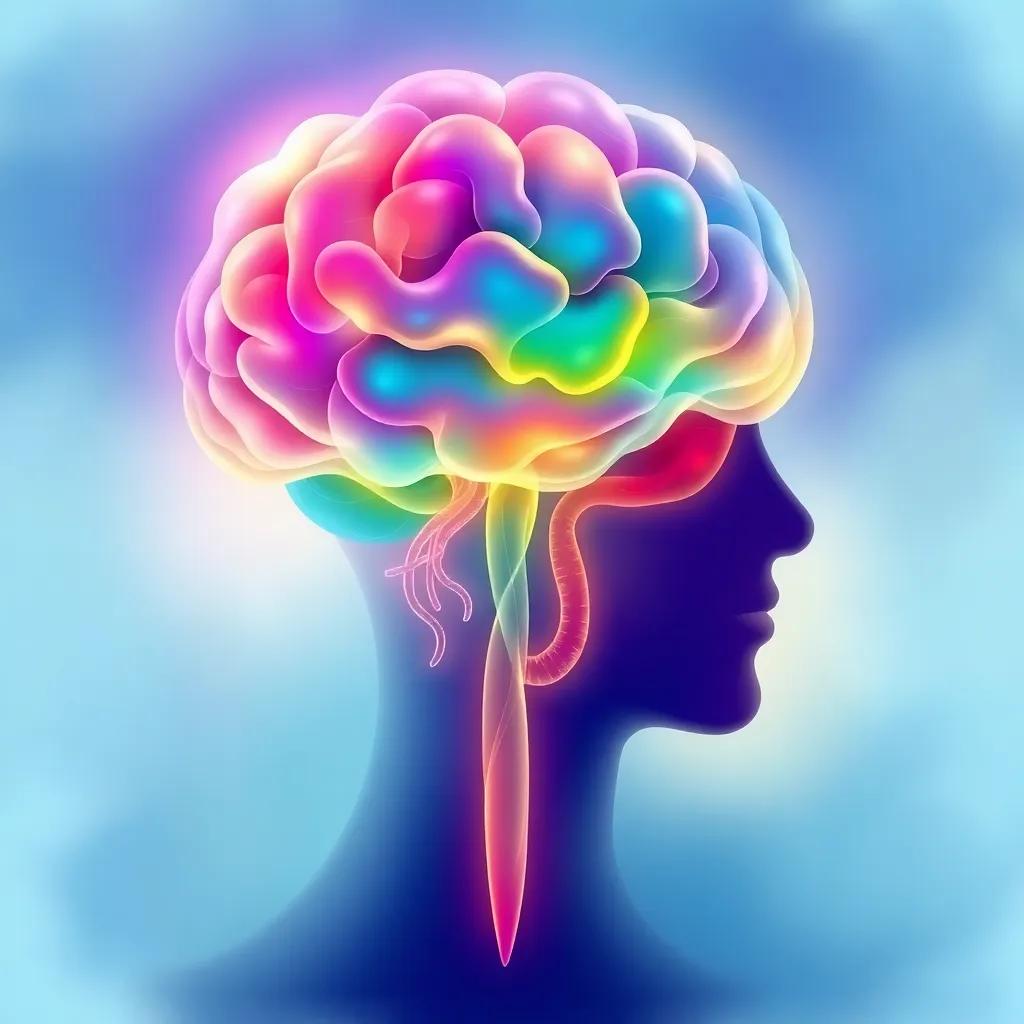New research highlights the connection between gut microbiome diversity, probiotics, and anxiety, offering insights into how diet impacts mental health.
Emerging studies reveal a strong link between gut microbiome diversity and anxiety, suggesting dietary changes and probiotics could improve mental health.
The Gut-Brain Connection: A Growing Field of Research
Recent studies have increasingly pointed to the gut-brain axis as a critical factor in mental health. The gut microbiome, a complex community of microorganisms living in the digestive tract, plays a significant role in regulating brain function and emotional well-being. According to a 2023 study published in Nature Microbiology, individuals with higher gut microbiome diversity tend to experience lower levels of anxiety and depression.
Dr. Jane Foster, a neuroscientist at McMaster University, explains, ‘The gut and brain communicate through the vagus nerve, hormones, and immune system pathways. This bidirectional communication means that an unhealthy gut can directly impact mental health.’
Probiotics and Mental Health: What the Science Says
Probiotics, often referred to as ‘good bacteria,’ have been shown to influence mental health positively. A 2022 meta-analysis published in Frontiers in Psychiatry found that probiotic supplementation significantly reduced symptoms of anxiety in participants. The study highlighted specific strains, such as Lactobacillus and Bifidobacterium, as particularly effective.
Dr. Emeran Mayer, a gastroenterologist and author of The Mind-Gut Connection, notes, ‘Probiotics can modulate the gut-brain axis, reducing inflammation and promoting the production of neurotransmitters like serotonin, which is crucial for mood regulation.’
Dietary Choices: Fueling Your Gut and Mind
Diet plays a pivotal role in maintaining a healthy gut microbiome. Foods rich in fiber, such as fruits, vegetables, and whole grains, promote the growth of beneficial bacteria. Fermented foods like yogurt, kefir, and sauerkraut are also excellent sources of natural probiotics.
A 2021 study in Gut journal revealed that a Mediterranean diet, rich in plant-based foods and healthy fats, was associated with lower levels of anxiety and depression. ‘What you eat directly affects the composition of your gut microbiome, which in turn influences your mental health,’ says Dr. Kirsten Tillisch, a professor of medicine at UCLA.
Practical Tips for Improving Gut and Mental Health
To support both gut and mental health, experts recommend incorporating a variety of fiber-rich foods, probiotics, and prebiotics into your diet. Regular exercise, stress management techniques like meditation, and adequate sleep are also essential.
As Dr. Foster advises, ‘Small, consistent changes in diet and lifestyle can have a profound impact on your gut microbiome and, consequently, your mental well-being.’




